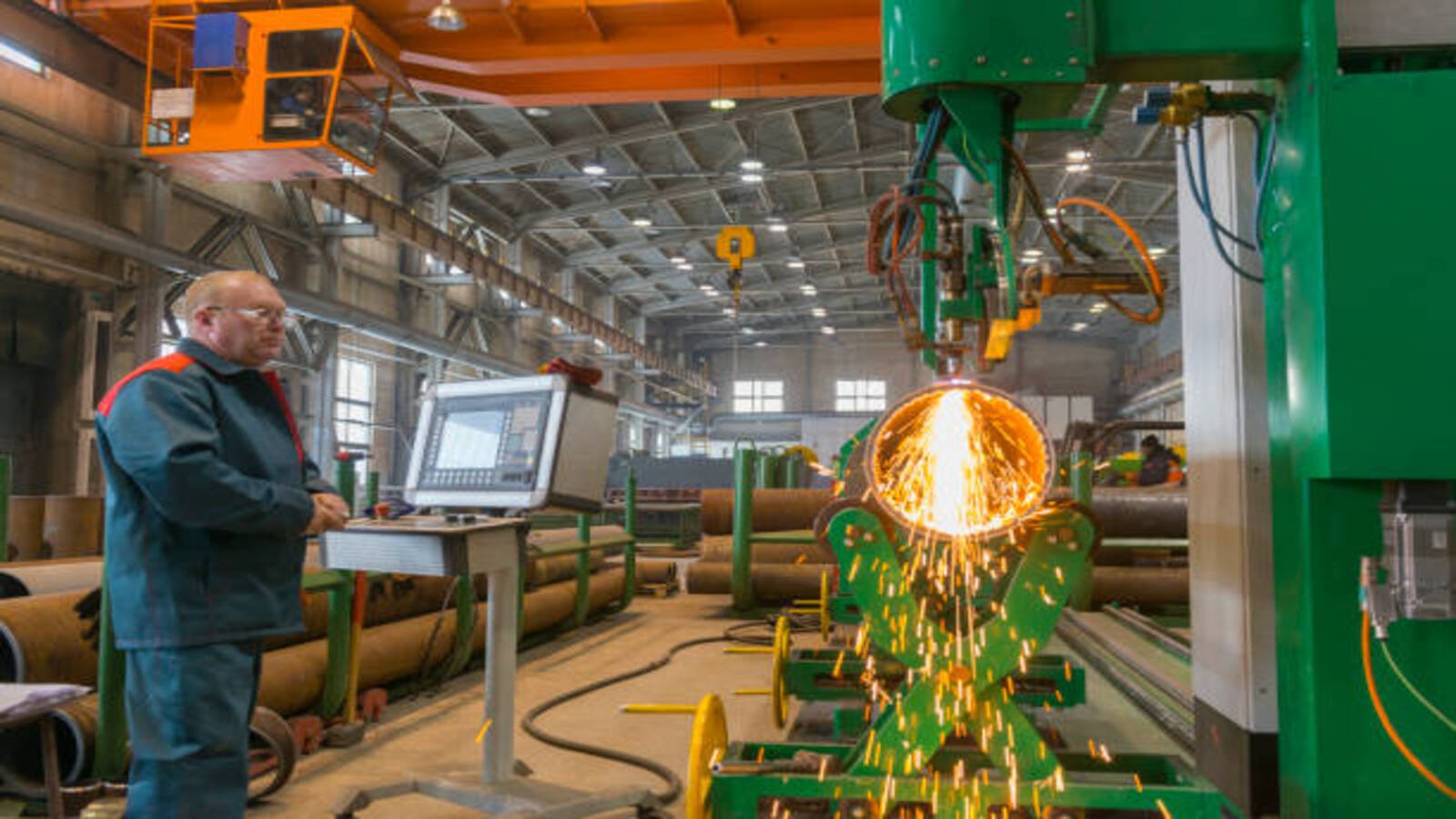Introduction
High-performance metals are widely used in various industrial applications due to their superior strength, durability, and resilience. These metals can withstand high temperatures, extreme pressure, and corrosive environments, making them ideal for critical applications in aerospace, defense, energy, and other industries. In this article, we will explore the different types of high-performance metals and their applications in various industries.
Types of High-Performance Metals
There are several types of high-performance metals that are commonly used in industrial applications. These include titanium, aluminum, nickel, copper, and steel alloys. Each of these metals has unique properties that make them suitable for specific applications. For example, titanium is known for its high strength-to-weight ratio, aluminum for its lightweight and corrosion resistance, nickel for its high temperature resistance, and steel alloys for their strength and toughness.
Applications of High-Performance Metals
High-performance metals are used in a wide range of industrial applications, including aerospace, defense, automotive, medical, and energy industries. In aerospace and defense, these metals are used in aircraft components, missiles, and satellites, thanks to their high strength and durability. In the automotive industry, high-performance metals are used for engine components, exhaust systems, and suspension parts to improve performance and efficiency. In the medical industry, these metals are used for implants and surgical tools, due to their biocompatibility and corrosion resistance.
Titanium for Industrial Applications
Titanium is a popular high-performance metal used in various industrial applications, including aerospace, defense, and medical industries. It has excellent strength-to-weight ratio, corrosion resistance, and biocompatibility, making it an ideal material for aircraft components, implants, and surgical tools. Titanium is also used in marine and chemical processing industries where it can withstand corrosive environments.
Aluminum for Industrial Applications
Aluminum is another popular high-performance metal that is widely used in various industrial applications due to its lightweight, corrosion resistance, and excellent strength. It is used in aerospace, automotive, and construction industries, where weight reduction is critical. Aluminum is also used in packaging, electrical, and consumer goods industries where it provides durability and aesthetic appeal.
Nickel for Industrial Applications
Nickel is a high-performance metal that is commonly used in high-temperature and corrosive applications. It has excellent resistance to heat, corrosion, and oxidation, making it ideal for aerospace, energy, and chemical processing industries. Nickel alloys are used in gas turbines, aircraft engines, and other applications that require high-temperature and high-stress resistance.
Copper for Industrial Applications
Copper is a versatile high-performance metal used in various industrial applications due to its excellent electrical and thermal conductivity, corrosion resistance, and strength. It is used in electrical and electronic industries for wiring, connectors, and printed circuit boards. Copper is also used in plumbing, heating, and cooling systems as it provides excellent heat transfer properties.
Steel Alloys for Industrial Applications
Steel alloys are high-performance metals that are widely used in various industrial applications. They offer high strength, toughness, and durability, making them ideal for construction, automotive, and energy industries. Steel alloys are also used in manufacturing, machinery, and tooling industries, where they provide wear resistance and durability.
Future of High-Performance Metals
The demand for high-performance metals is expected to grow in the future due to their unique properties and wide range of industrial applications. The development of new alloys and manufacturing processes will continue to enhance the performance and capabilities of these materials. In addition, the adoption of high-performance metals in emerging technologies such as electric vehicles, renewable energy, and space exploration will further drive their demand.
Conclusion
High-performance metals are vital materials that play a critical role in various industrial applications. They offer superior strength, durability, and resilience, making them ideal for applications that require high performance and reliability. The different types of high-performance metals, such as titanium, aluminum, nickel, copper, and steel alloys, have unique properties that make them suitable for specific applications. The future of high-performance metals looks promising, as new alloys and manufacturing processes continue to enhance their performance and capabilities.
high-performance metals for aerospace, high-performance metals for defense, high-performance metals for automotive, high-performance metals for medical, high-performance metals for energy, titanium for industrial applications, aluminum for industrial applications, nickel for industrial applications, copper for industrial applications, steel alloys for industrial applications
High-Performance Metals: Strength, Durability, and Resilience
Discover the different types and applications of high-performance metals such as titanium, aluminum, nickel, copper, and steel alloys in various industries from aerospace to medical.
Quote Inquiry
Contact us!
